This article is an on-site version of our Inside Politics newsletter. Subscribers can sign up here to get the newsletter delivered every weekday. If you’re not a subscriber, you can still receive the newsletter free for 30 days
Good morning. For the first time since the 18th century, the sun will set on the British empire. When the UK formally cedes sovereignty of the Chagos Islands to Mauritius, there will once again be a point in the day where all of the UK’s remaining overseas territories (and the UK itself) will be in darkness.
Betrayal of British interests? Glorious feat of diplomacy? Something else entirely? Some thoughts on that in today’s newsletter.
Inside Politics is edited by Georgina Quach. Read the previous edition of the newsletter here. Please send gossip, thoughts and feedback to insidepolitics@ft.com
Notorious BIOT
The agreement over the British Indian Ocean Territory gives the UK and the US a 99-year lease over the US-UK military base in Diego Garcia with an option to extend it further. It has been welcomed by US secretary of state Antony Blinken and President Joe Biden.
Yet according to James Cleverly and his campaign proxies, the UK decision is a betrayal of vital British interests.
Or, if you prefer the version of events advanced by Tom Tugendhat and Robert Jenrick, it cedes power to China, and, in addition to being the fault of Labour, is also the fault of Cleverly, the former foreign secretary who started the ball-rolling on the talks in 2022 that led to this treaty!
No, it’s really the fault of Liz Truss, the prime minister at the time, but also, somehow, Keir Starmer. So say some, I would say, slightly confused allies of Cleverly, who are looking to deflect blame somewhere, anywhere, other than the desk of their chosen candidate for the Conservative leadership.
Who’s right? Well, bluntly, in terms of global rivalry, Mauritius, along with Eswatini, are the only former British colonies in Africa who are not part of China’s Belt and Road Initiative. It seems more likely that Mauritius will continue to stay outside the BRI and not fall into China’s influence if the UK is paying it money to rent a military base on a long-term lease, than if the UK is not giving it money and is insisting that it is not going to honour its half-a-century-old promise to cede the Chagos Islands.
There are many, many things you can reasonably say about Truss but I don’t think being insufficiently hawkish on China is one of them.
There’s a historical irony here: until now, the 50-year period in which the archipelago and its residents have been politically contested has been one in which Labour governments have done their utmost to first dispossess and uproot the Chagossians. During that time Conservative governments have been the ones recognising the scale of the problem.
Back in 1965, when the then-Labour government drastically reduced the UK’s global military commitments, they hived off the 58-island archipelago from the rest of what is now Mauritius ahead of negotiations over the terms of Mauritius’ independence. The UK pledged to return the islands as and when it was no longer needed by the US military, knowing full well at the time that this promise was unlikely to be made good on.
Harold Wilson’s government then embarked on a systematic programme of uprooting and dispossessing the Chagos Islanders — dismissed in a government memo at the time as “some few Tarzans and Man Fridays whose origins are obscure” — which continued to run until 1973. It was not until defeat in court and the arrival of another Conservative government, that of Margaret Thatcher, in 1982, that proper compensation was paid to the islanders directly.
Under New Labour, the government used the royal prerogative — powers held by the executive that do not require parliamentary approval — to overturn court verdicts that ruled the Chagossians’ expulsion was unlawful. The UK created a marine protection area which, according to a Foreign Office official quoted in a cable published by the Guardian and WikiLeaks in 2010, would ensure there would be “‘no human footprints’ or ‘Man Fridays’ on the British Indian Ocean Territory uninhabited islands”. (If you want more on this, do check out Andrew Jack’s excellent Big Read from back in 2015.)
The last Conservative government in 2016 announced a further programme of compensation. It was the last Tory administration that started the ball rolling on this set of negotiations.
Ultimately, this deal has been welcomed by the White House. The talks were initiated by a Conservative government. Tory MPs were hardly shy of criticising aspects of the Truss government at the time, yet Cleverly, Tugendhat and Jenrick have, remarkably, only now objected. Both Cleverly and Tugendhat held relevant ministerial roles at the time, to boot. The deal has rather more continuity with Conservative approaches to the archipelago than to Labour’s much grubbier history.
Call me unduly cynical but it feels as if the biggest change here is that it suits the perceived self-interest of some Conservatives to censure the government no matter what, and the interest of others to attack Cleverly.
Now try this
One final recommendation from Birmingham: it’s one of the places blessed with a Boston Tea Party, a lovely small West Country chain that sadly has yet to come to London. If you are lucky enough to live near one, you should give them a visit.
However you spend it, have a wonderful weekend!
Top stories today
-
Making shirt-shrift of reality | Only five MPs registered free clothing from external donors in the entire decade before the last financial year, according to FT analysis of the Commons register of interests. Keir Starmer’s allies claimed garment gifting from wealthy backers was not irregular. “All MPs get gifts,” the prime minister told reporters last month.
-
Free vote on assisted dying | MPs are to be granted a free vote on legalising assisted dying in the UK by the end of the year, after a bill to give terminally ill people “choice at the end of life” is presented to parliament.
-
Pensions in the Budget firing line? | Investment experts are warning of a potential tax raid on pensions by UK chancellor Rachel Reeves in this month’s Budget, as the UK government seeks to close a £22bn hole that it has identified in the public finances.
-
All fired up | The UK government has announced up to £21.7bn of support to get the country’s first carbon capture and storage projects up and running, in a big moment for the nascent industry but one that highlights the costs involved.
-
‘I am not going to make those mistakes’ | Reeves has attacked her predecessor for cutting back on planned investment as she cleared the way for billions of pounds of extra capital spending in the Budget.


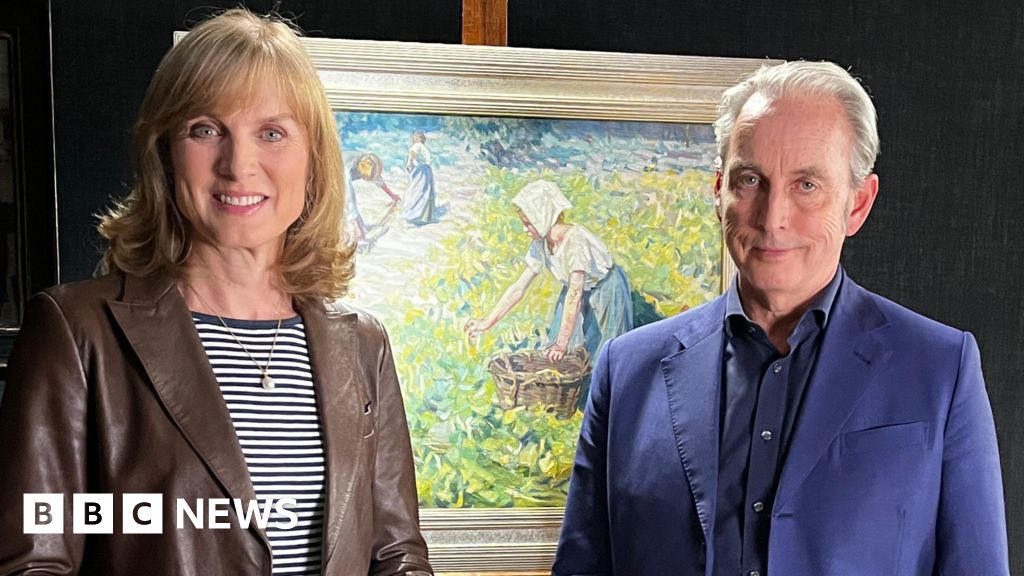

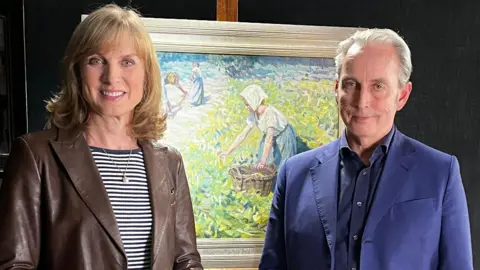
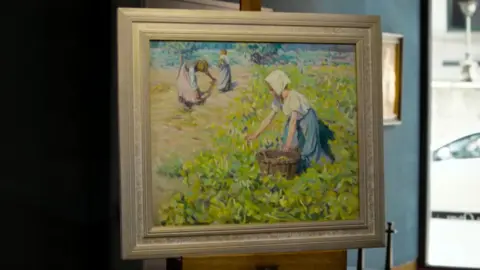
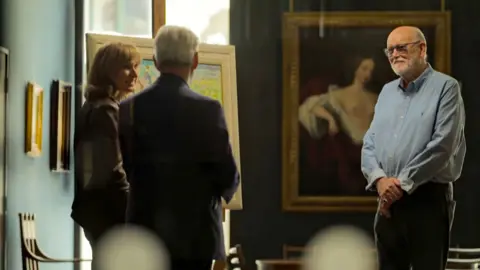
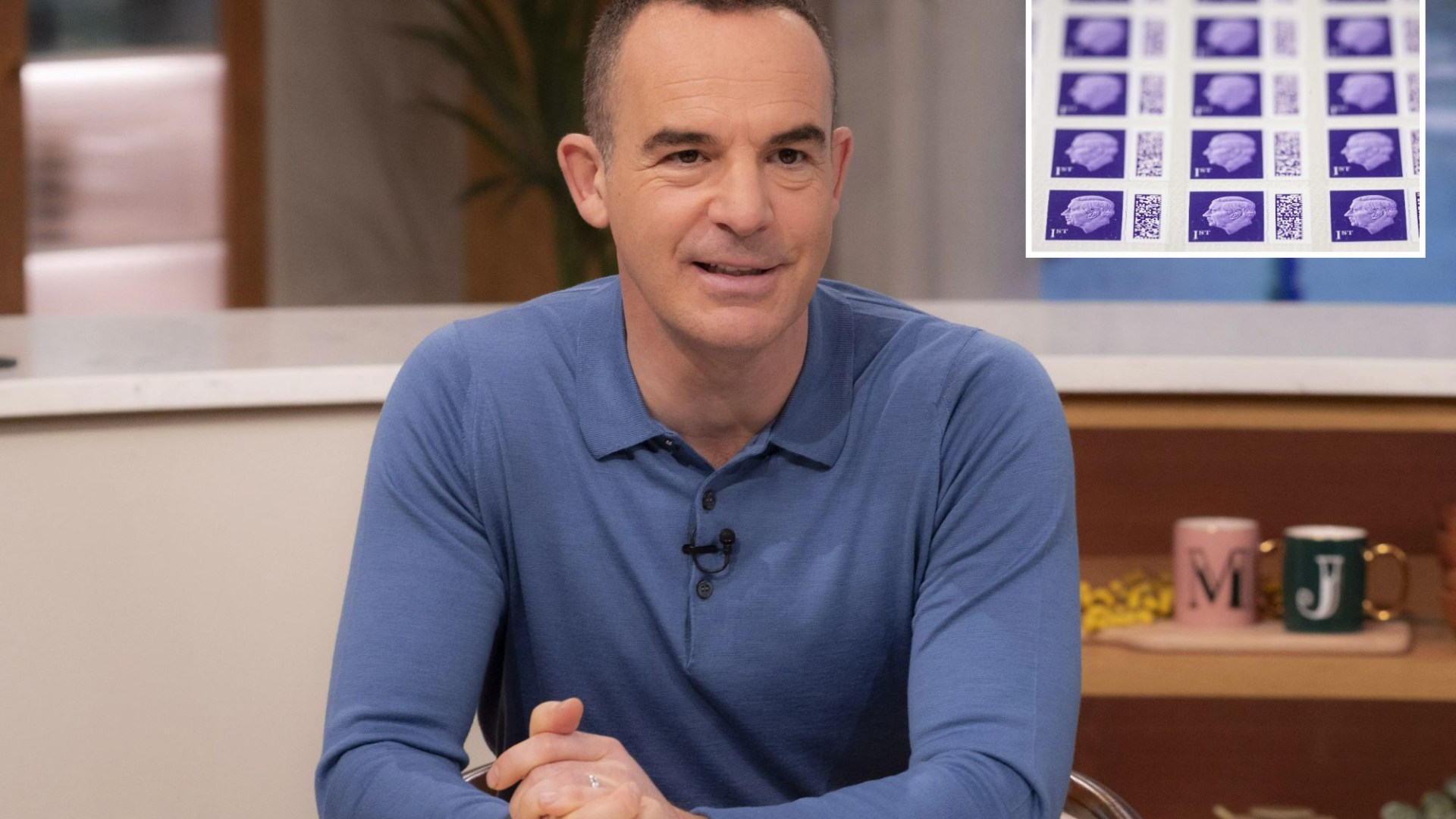




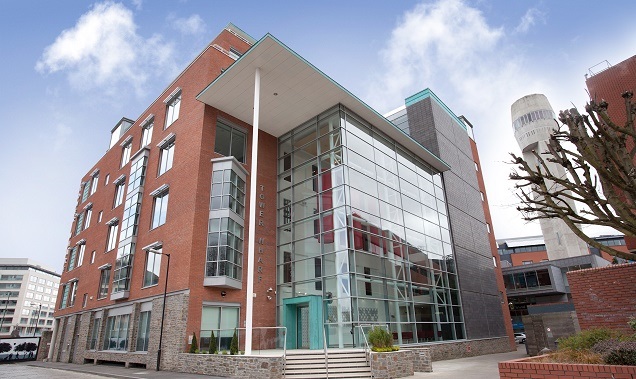


































































































































You must be logged in to post a comment Login